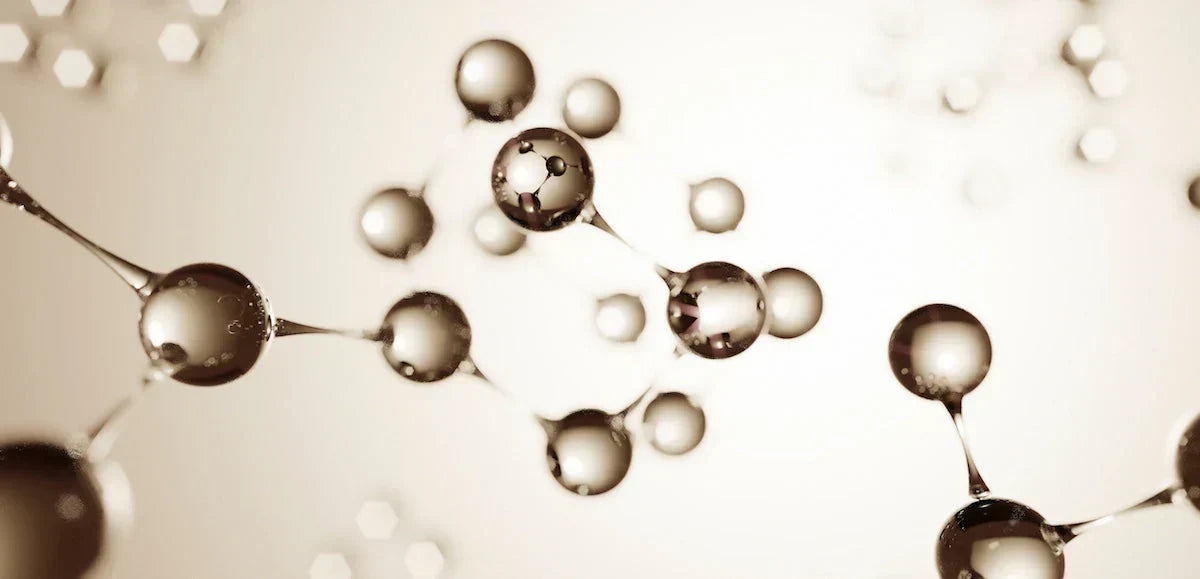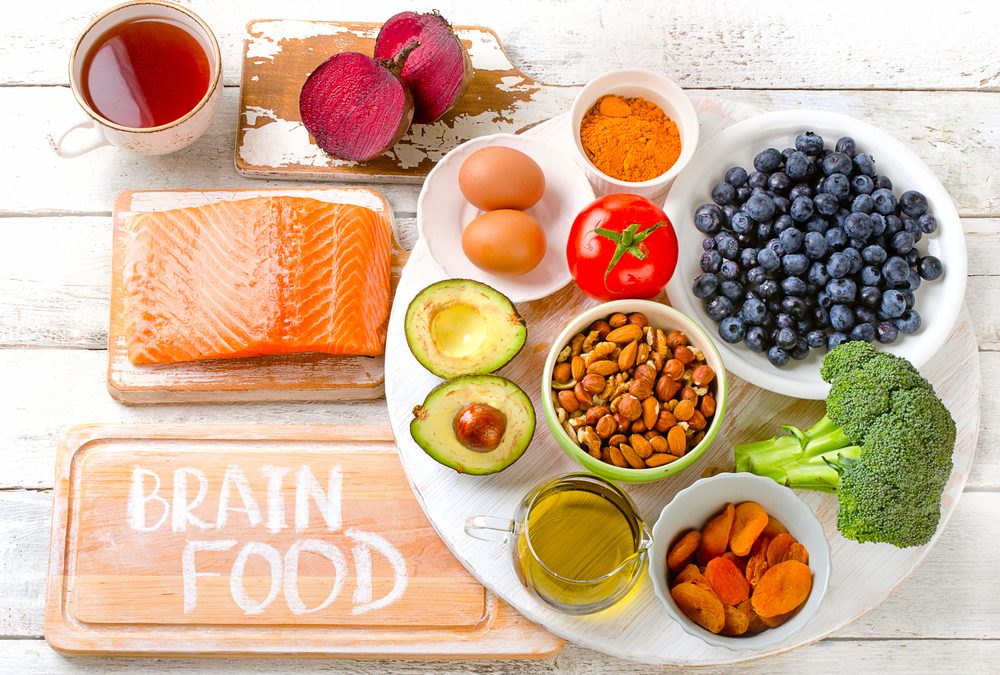If you’ve ever scanned the label of a collagen supplement, you’ve probably seen the phrase “low molecular weight” printed in bold. It sounds scientific — and it is — but understanding what it means can help you choose a supplement that actually delivers results.
In simple terms, “low molecular weight” refers to how small the collagen particles are after the protein is broken down during hydrolysis. These smaller fragments, called collagen peptides, are easier for your body to absorb — meaning more of the collagen you take actually makes it to where it’s needed.
Why Molecular Weight Impacts Absorption
Your digestive system can’t absorb large, intact collagen molecules. They’re too big to pass through the intestinal wall into the bloodstream. To solve this, collagen is hydrolyzed — or broken down — into smaller pieces known as peptides.
When the molecular weight of these peptides is low — typically between 1,000 and 3,000 Daltons — they can travel through your intestinal lining more efficiently and reach your bloodstream faster.
Once absorbed, these peptides help:
-
Stimulate your body’s natural collagen production
-
Support skin elasticity and hydration
-
Strengthen joints, bones, and connective tissue
-
Promote smoother, more resilient skin over time
In short, low molecular weight collagen equals better bioavailability — your body absorbs more, wastes less, and sees greater benefits.
Why Marine Collagen Is Naturally Superior
Not all collagen sources are created equal. Marine collagen, derived from fish skin or scales, stands out for its naturally smaller peptide size. Compared to bovine or porcine collagen, fish collagen has a lower molecular weight, which means it’s absorbed faster and more efficiently.
This is one reason Ballstad Salmon Collagen is a favorite among those who want visible, reliable results. Made from sustainably sourced Norwegian salmon, it delivers pure Type I collagen — the same type that supports your skin, bones, and blood vessels — in a highly bioavailable form.
With marine collagen, you’re not just taking a supplement; you’re giving your body the form it recognizes and utilizes best.
How to Choose the Right Collagen Supplement
When shopping for collagen, transparency matters. Look for brands that clearly list their source, type, and molecular weight on the label. A good-quality product should be:
-
Low molecular weight (1,000–3,000 Daltons) for optimal absorption
-
Sustainably sourced from marine or wild-caught fish
-
Free from artificial additives, sugars, or fillers
-
Clinically tested for purity and efficacy
If your goal is to hydrate skin, support joint comfort, or maintain bone strength, a low molecular weight fish collagen like Ballstad Collagen offers the most efficient, gentle, and science-backed way to nourish your body from within.
Final Takeaway
The next time you see “low molecular weight” on a collagen label, think high impact. Smaller peptides mean better absorption, faster delivery, and stronger results.
With pure, sustainably harvested fish collagen peptides, you’re giving your body more than a supplement — you’re supporting every cell that relies on strength, flexibility, and repair.




